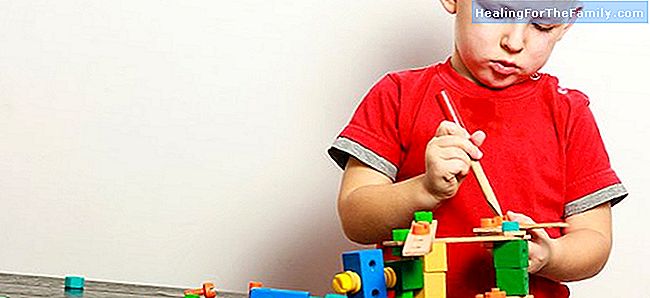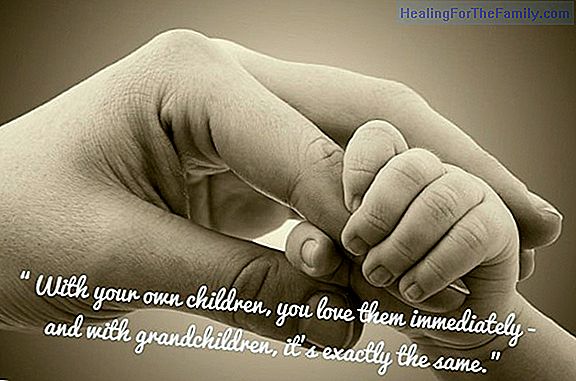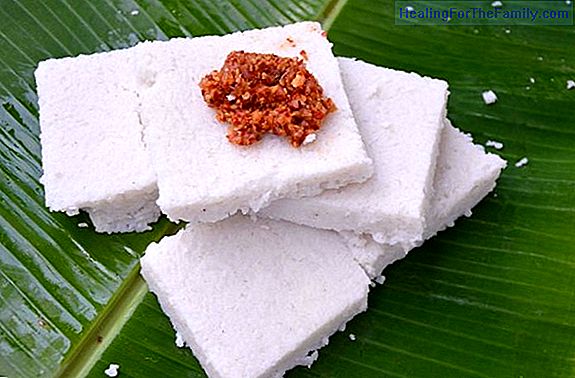Bilingual children have more capacity for multitasking
Today, no one doubts the advantages and benefits of bilingual development in young children . Although all the benefits are not yet well defined, we can ensure some of the most important changes in the brain when a child learns two languages from birth. One of the biggest advantages is the strengt
Today, no one doubts the advantages and benefits of bilingual development in young children. Although all the benefits are not yet well defined, we can ensure some of the most important changes in the brain when a child learns two languages from birth. One of the biggest advantages is the strengthening of the child's memory capacity, the analytical and resolutive capacity, although today we are going to focus on the multitasking capacity of children.
What is the multitasking of the children?

We know the multitasking as the ability that a person has to perform different simultaneous activities in which the child or an adult must use certain brain capacity of importance. We go that our brain can perform different processes simultaneously, without prejudice to a specific one.
There are numerous studies that defend that this capacity is strongly enhanced when a child is integrated from the first months of life into two simultaneous languages. We can highlight the research carried out by psychologists Raluca Barac and Ellen Bialystok, professors at the University of York, Toronto.
But, why are bilingual children more capable than monolingual children? Until recently it was believed, that babies when they were in an environment where they spoke in two languages naturally, what they did was to learn the two languages as if it were only one, and that it was not until 4 months until that began to separate them into two or three different languages.
Although with the latest studies, it has been proven that the baby's brain really works in a totally different way. From the first moment you can separate the different languages thanks to the intonation of them, even if they are very similar languages. Knowing unconsciously, that you have to separate each one of them to be able to defend yourself in a more effective way, quickly and without mistakes. For this the child must separate the two languages in his brain.
This exercise makes the bilingual baby begin to work on a skill such as multitasking, long before the monolingual children, giving them a significant advantage. It is also a much more complex exercise than any that a monolingual child has to perform in the first 10 years of life. Counting on a capacity of the infantile brain, that little by little it will disappear with the time, until being eliminated completely. The ability to learn a language. Capacity that the brain has marked up to 3 years and that with work we can extend up to 6 years. After this, the natural learning of a language will disappear.
Are monolingual children better in a specific area?
Effectively the monolingual children, not using time in the development of two languages at the same time. They will have time to work more areas of language. Specifically two. The vocabulary, monolingual children, will learn more words of the same language in less time. Although the global volume of vocabulary, if we count both languages will be higher in the bilingual child, since there will be many words that he knows in two languages almost duplicating his vocabulary. The second advantage will be in the grammar of the language. Since the bilingual child anger will have to learn double the grammar rules and understand the differences between the two languages, which means a greater effort that in the long run will be fully rewarded.












